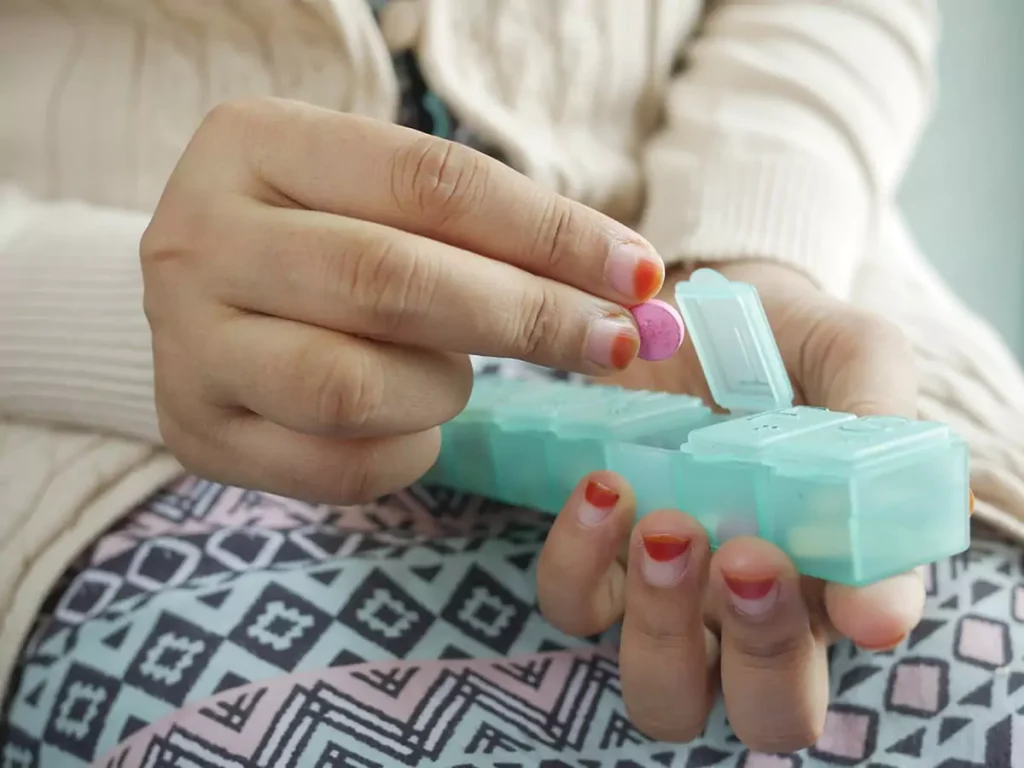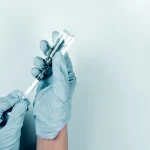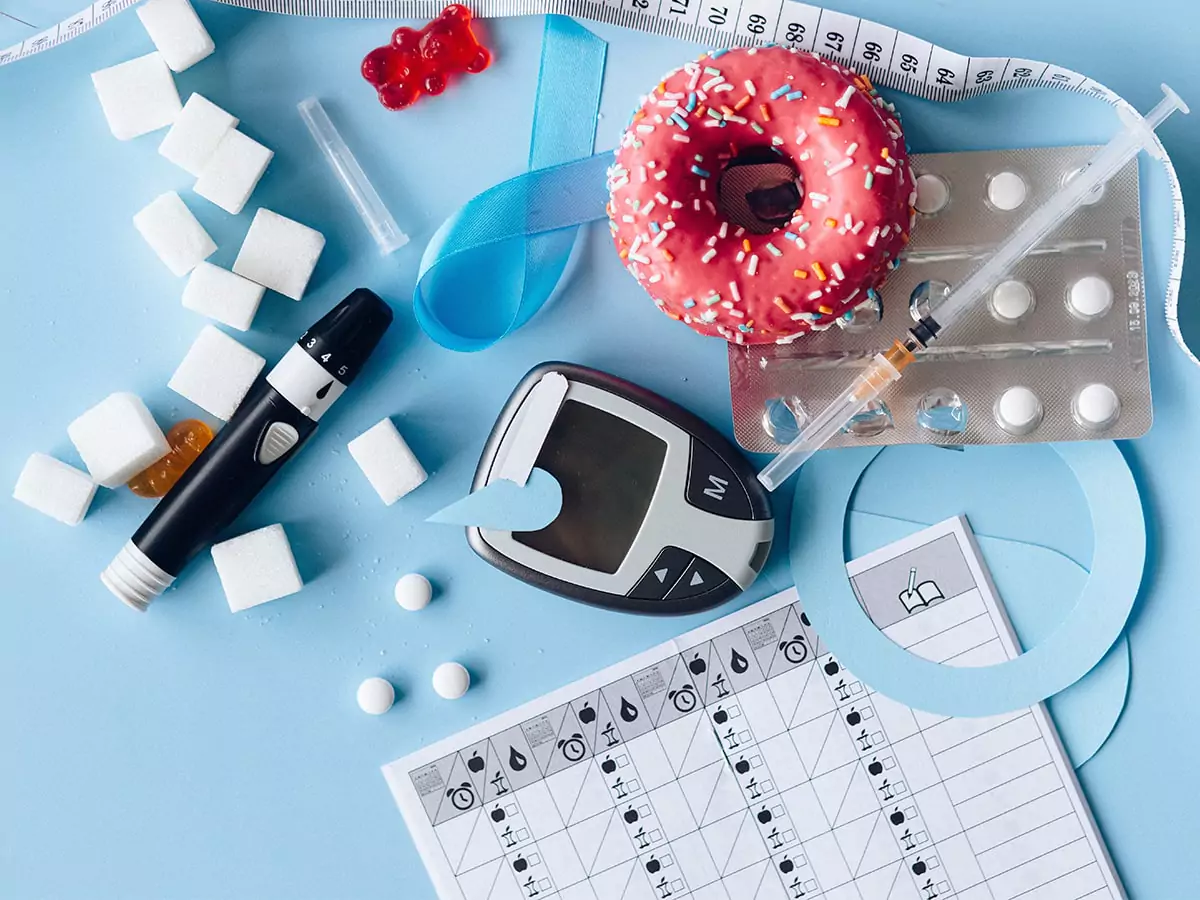What is Medication Adherence?
Managing diabetes is a full-time effort. It encompasses everything from diet and exercise to mindset and medication.
When prescribed medication for diabetes, it is vital to maintain a consistent schedule. Properly taking your medicines as directed by your medical health team (doctor, pharmacist, etc.) is essential for avoiding symptoms such as heart problems, neuropathy, and diabetic feet.
Of course, there may be bumps along the way. Many things can contribute to not taking your medication.
Whether self-imposed or external factors, we may experience obstacles that keep us from proper medication adherence.
Common Ways We Miss Medication
It is not uncommon for people to make mistakes when taking medications for diabetes. Medication adherence is a behavior influenced by factors relating to the patient, provider, and the continuum of care.
Learning how to manage your diabetes is learning how to manage the patient side of things. Patient reasons for not taking medications correctly can be unintentional or intentional.
Unintentional
This includes:
- Forgetting to take medications
- Failing to call for refills
- Inadequate understanding of dose schedule
Someone newly diagnosed with diabetes may not be accustomed to taking their medication when needed. This could lead to unintentionally forgetting to take their medications.
The same could go for refilling their prescriptions. If they aren’t supplied on time, there might be a lapse in adherence while the patient waits for their prescription to be filled.
Many people with diabetes must inject insulin to regulate their blood sugar levels. Patients know they need to take insulin but may need a better understanding of how to properly do it.
There are different types of insulin to inject. The number of injections needed in a day can differ for each person, and when the injections are needed may also vary. With so many variables, improperly taking insulin can be easy without knowing.
Intentional
This includes:
- Beliefs and attitudes about diabetes
- Medication side effects
Diabetes affects everybody differently. Some may experience strong symptoms, while others may experience no symptoms at all. Ideally, patients should stick to their medication program assigned to them by their healthcare team.
For people who don’t have symptoms, it may not seem like they need their medication. One could think, “Well, I don’t feel bad, so do I really need this medication?”
This could lead to the perception of medication inefficacy. If you feel this way, talking to your healthcare team is important. They can confirm whether you will need to stick to your medication schedule or if adjustments can be made.
What Happens When We Don’t Take Our Diabetes Medication?
This can lead to:
- Increased cost of outpatient care
- Increased morbidity and mortality
- Increased emergency room visits and hospitalizations
Improperly managed diabetes can lead to a decline in health conditions. Complications such as eye problems, kidney problems, gum disease, and even nerve damage may occur. It is common knowledge that without intervention, diabetes may lead to the amputation of a foot. Increased complications can also lead to a rise in healthcare costs.
More doctor visits, more symptoms to treat, and more medications can all add up. Medication possession ratio (MPR) is a common way of measuring medication adherence. It measures the percentage of days a patient has their medication available.
Patients who maintain an MPR of 80% or greater will see a significant reduction in diabetes medical spending.
Solutions
It is better to be proactive than reactive when it comes to diabetes management. Preventative treatment is more effective in reducing symptoms and improving quality of life.
Here are some tips to help improve your medication adherence:
Use a Pillbox
Pillboxes help properly sort our medication for a week, month, or more. At the start of the week (or month), properly sort out your medication in the pillbox, then follow the days when taking your medication.
It is important to ensure this is done correctly, as a mistake could set the whole week off course. It may be helpful to have someone double-check your sorting.

Set A Reminder or Alarm on Your Phone
Some medications need to be taken at a specific time of day. If you are new to taking medications regularly, you may not be accustomed to a particular schedule.
Setting a reminder on your phone will take some responsibility off your shoulders and essentially automate your schedule for you. This can be especially helpful for someone with a busy lifestyle or days that rarely look the same.

Maintain a Support System
This is our number one important factor for diabetes management! A great support system can help you become more positive about your diabetes management and even help you maintain proper adherence. Support systems can be family members, friends, your healthcare team, and other people with diabetes.
Your spouse can help keep track and remind you when to take your medication.
As mentioned above, if you feel like you don’t need to take medication because you don’t have any symptoms, it is important to have strong communication with your healthcare team. They can inform you why a medication is needed or remove/reduce medication from your regimen if it is no longer necessary.
Lastly, your peers may give you important context about your journey with diabetes. Reassuring the importance of adherence and even providing helpful tips that they’ve come by through their experiences. We tend to see that support groups consisting of peers with diabetes help raise morale and the distribution of helpful advice.

Sign Up for Diabetes Self-Management Education and Support Classes
Diabetes self-management education and support (DSMES) classes are a great resource. They can help achieve personal diabetes goals such as improved blood sugar, blood pressure, and A1C.
Classes connect you with professionals and peers who have experience living with diabetes. ClearSpring offers an insightful virtual course hosted by our very own Dana Sadowski! Check us out and take control of your diabetes.











